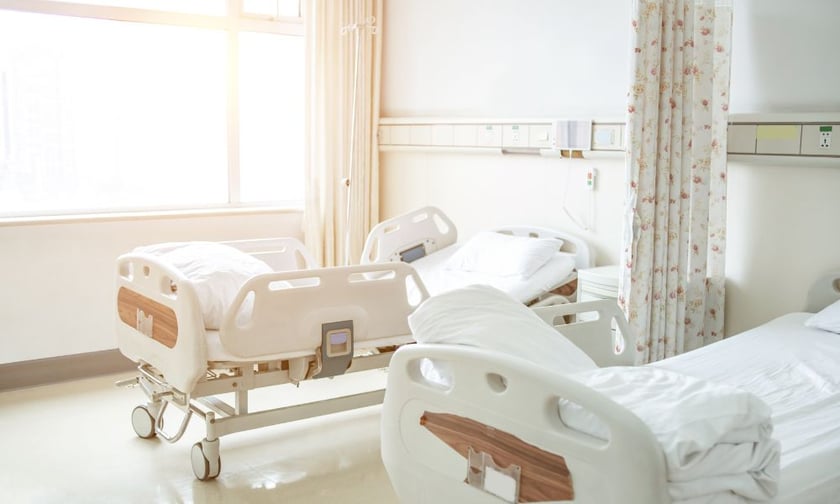

Tata AIG General Insurance Company has introduced five new health insurance riders.
Each rider targeted specific health needs such as mental wellness, women’s health, cancer care, and outpatient expenses.
According to CNBC TV 18’s report, the new riders – Mental Wellbeing, EmpowerHer, OPD Care, CanCare, and Flexi Shield – address distinct health areas.
EmpowerHer, for example, focuses on female-specific health concerns, covering conditions like infertility and polycystic ovary syndrome (PCOS) and offering preventive care options such as cervical cancer vaccinations.
Mental Wellbeing offers resources for mental health screenings and rehabilitative services, while CanCare provides financial protection specifically for cancer diagnoses.
OPD Care and Flexi Shield are designed to help manage routine medical expenses and the impact of medical inflation, with Flexi Shield offering unlimited restoration of the sum insured.
Tata AIG’s senior executive vice president and head of agency, Pratik Gupta, explained that the insurer’s new riders are part of a broader effort to grow its health insurance segment across the country, with a particular focus on expanding in tier 2 and tier 3 cities where healthcare access is improving.
“We are focusing on expanding across India, particularly in tier 2 and 3 cities, where healthcare access and awareness are increasing,” he said, as reported by CNBC TV 18.
He said Tata AIG was committed to providing relevant and flexible insurance solutions for a wider range of consumers.
The riders aim to provide a broader range of coverage options for Indian consumers coping with rising medical costs and evolving health demands.
A recent report from ACKO sheds light on shifting healthcare demands and financial trends across India.
Based on data from approximately 60,000 insurance claims, the report highlighted regional and age-specific health patterns as well as increasing medical costs that are impacting Indian consumers.
The report underscored that healthcare expenses in India are rising rapidly, with medical inflation recorded at 14% in 2023. Average claim sizes have also increased by around 11.35%, reflecting broader trends of escalating treatment costs.
Additionally, 62% of healthcare expenses are still being paid out-of-pocket, and only 23% of urban households have health insurance coverage, leaving many consumers financially vulnerable in the face of health emergencies.
